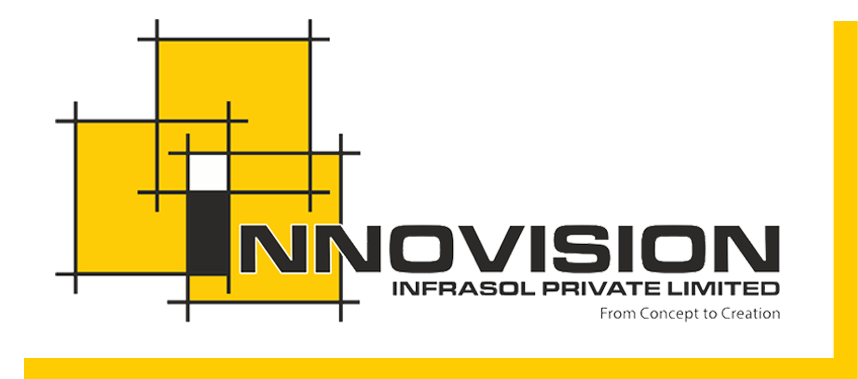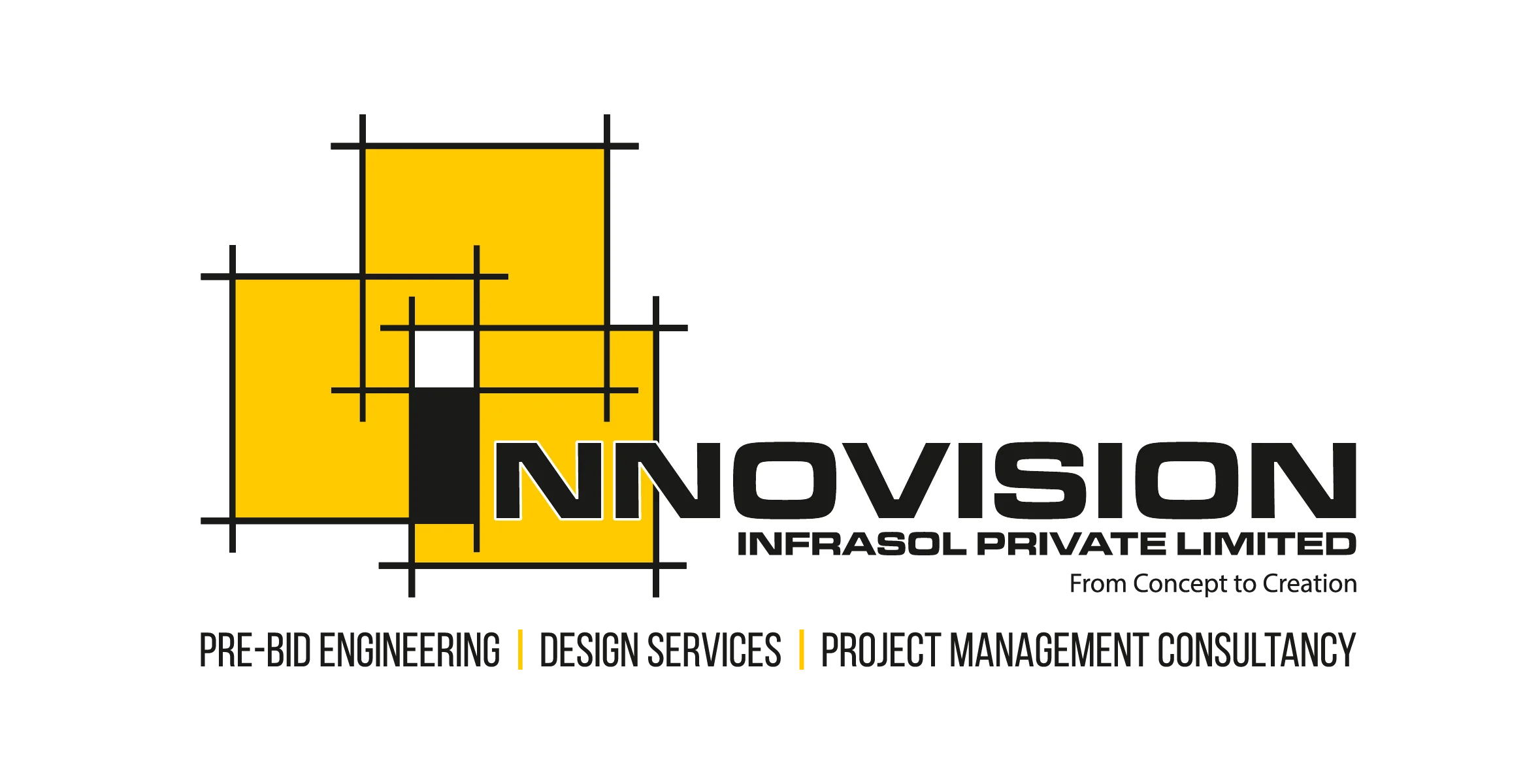In today’s rapidly evolving technological landscape, innovation is key to staying competitive in any industry. However, despite the numerous benefits that innovative technologies can bring to projects, there are certain mindsets that can act as roadblocks to their adoption. These mindsets not only impede progress but also prevent organizations from fully leveraging the potential of new technologies. Let’s explore five of these detrimental mindsets:
Fear of Change:
One of the most common mindsets that hinder the adoption of innovative technologies is the fear of change. Many individuals and organizations are resistant to change because it disrupts their comfort zone and requires them to step into the unknown. They may fear that adopting new technologies will lead to job loss, increased complexity, or failure. This fear can prevent them from exploring innovative solutions that could greatly benefit their projects.
Preference for Tradition:
Some people have a deep-seated preference for tradition and are hesitant to embrace anything that deviates from established norms and practices. They may believe that the tried-and-tested methods are always the best, dismissing innovative technologies as unnecessary or unreliable. This mindset can lead to stagnation and missed opportunities for improvement.
Short-Term Thinking:
Innovative technologies often require an upfront investment of time, resources, and capital. However, some individuals and organizations are focused solely on short-term gains and are unwilling to make the necessary investments for long-term success. They prioritize immediate cost savings over the potential benefits that innovative technologies could bring in the future. This short-term thinking can hinder innovation and limit the growth potential of projects.
Lack of Awareness:
Another common barrier to adopting innovative technologies is a lack of awareness or understanding about their potential benefits. Many people are simply unaware of the latest technological advancements or how they could be applied to their projects. Without proper education and information, they may continue to rely on outdated methods and miss out on opportunities to optimize processes and improve outcomes.
Resistance to Collaboration:
Collaboration is essential for driving innovation, as it brings together diverse perspectives and expertise to solve complex problems. However, some individuals may resist collaboration due to ego, territoriality, or a desire to maintain control. They may view innovative technologies as a threat to their authority or autonomy, leading them to reject ideas that come from outside their own circles. This resistance to collaboration stifles creativity and prevents the cross-pollination of ideas that is necessary for innovation to thrive.
Overcoming these mindsets requires a shift in perspective and a willingness to embrace change and uncertainty. Organizations must foster a culture that values innovation, encourages experimentation, and rewards risk-taking. By addressing these mindsets head-on and promoting a mindset of openness, curiosity, and adaptability, organizations can unlock the full potential of innovative technologies and drive success in their projects.


